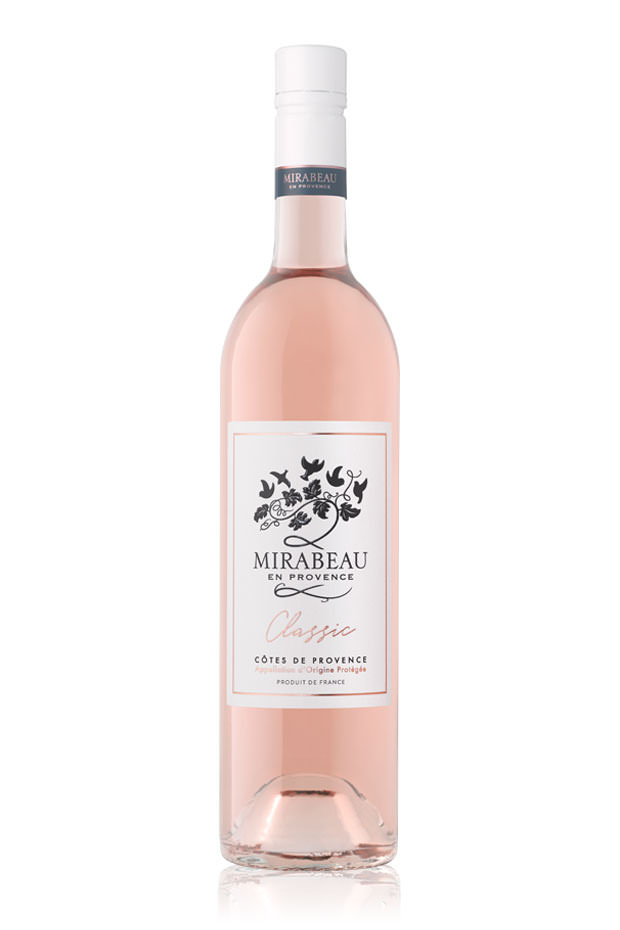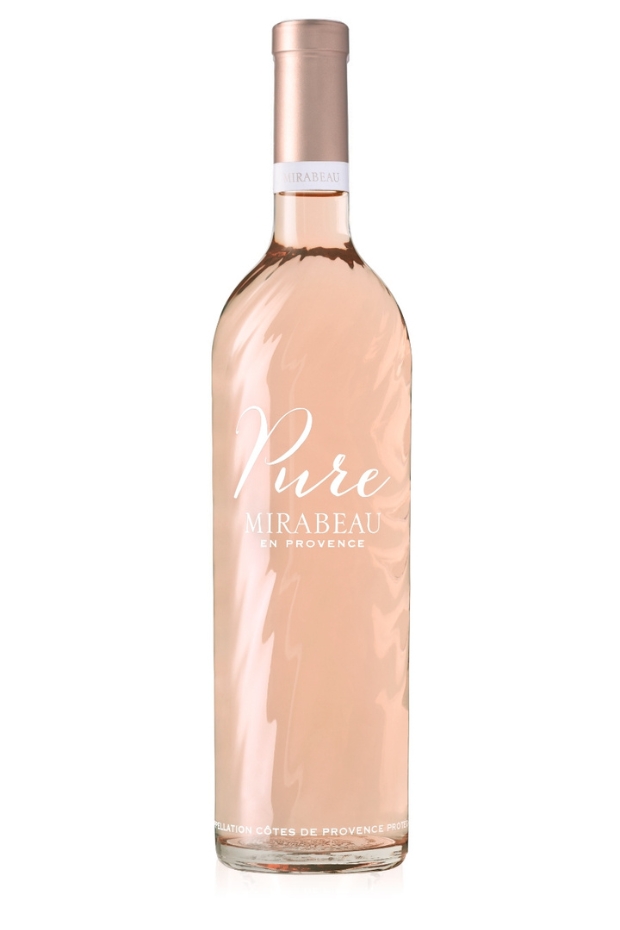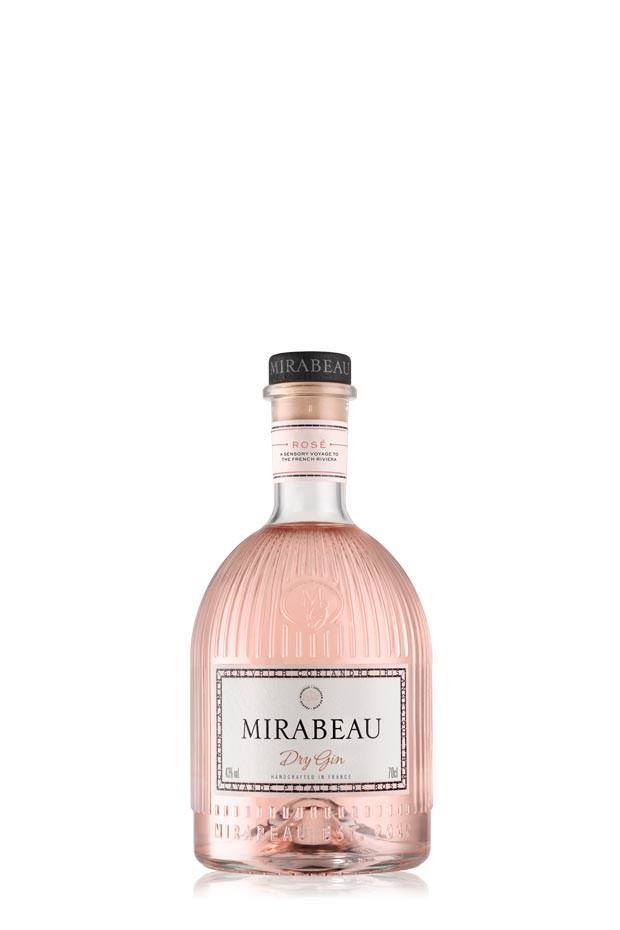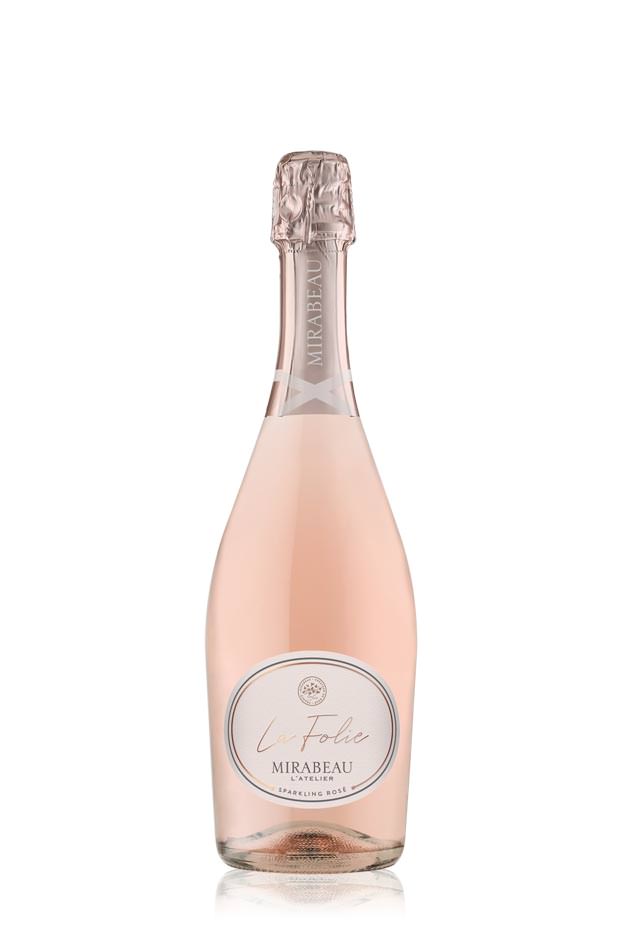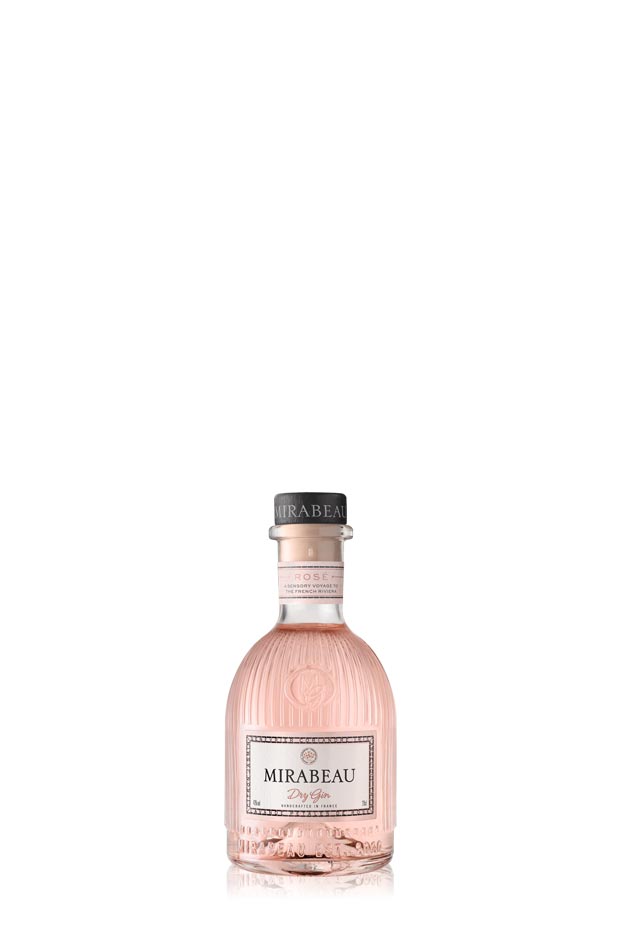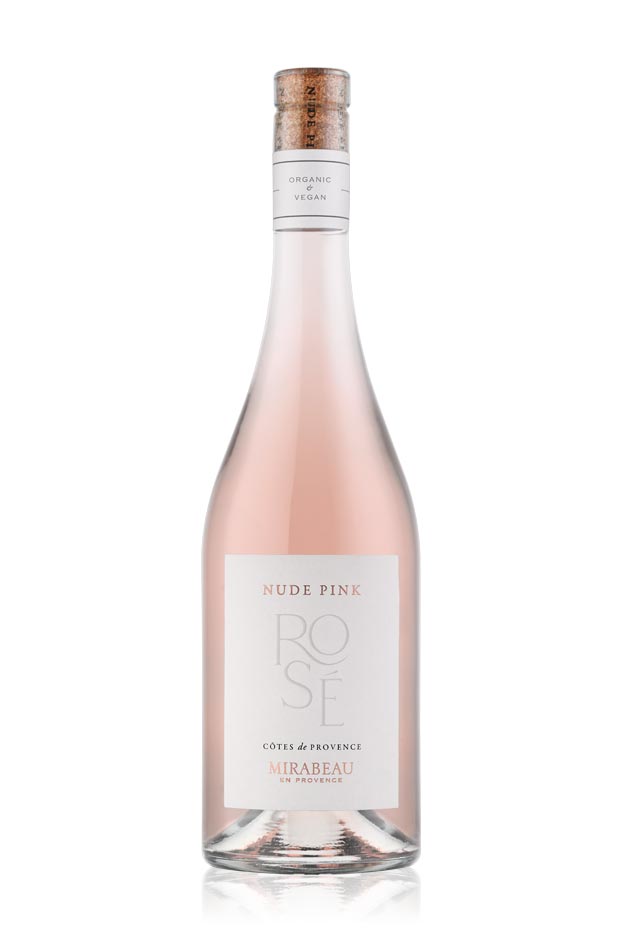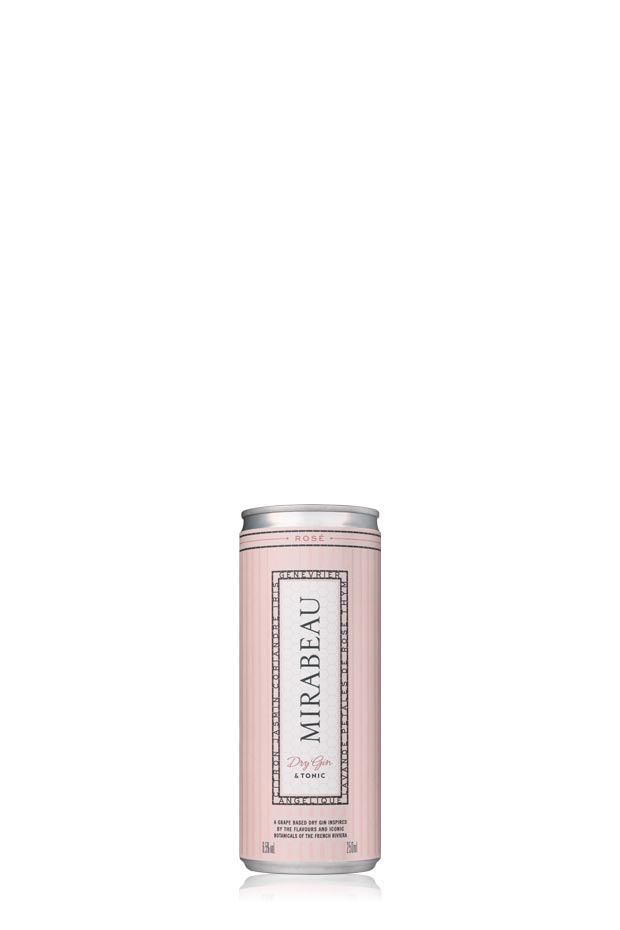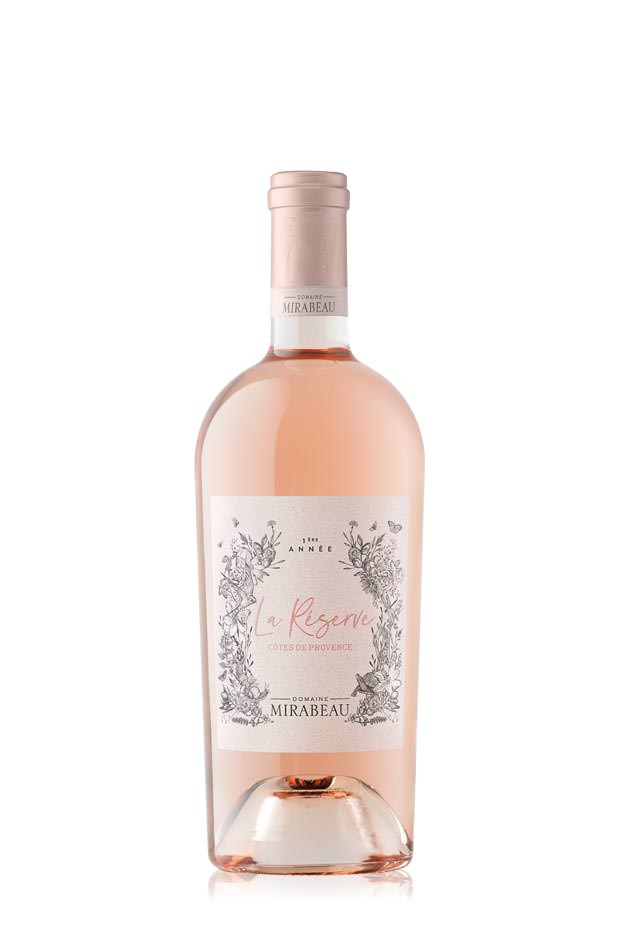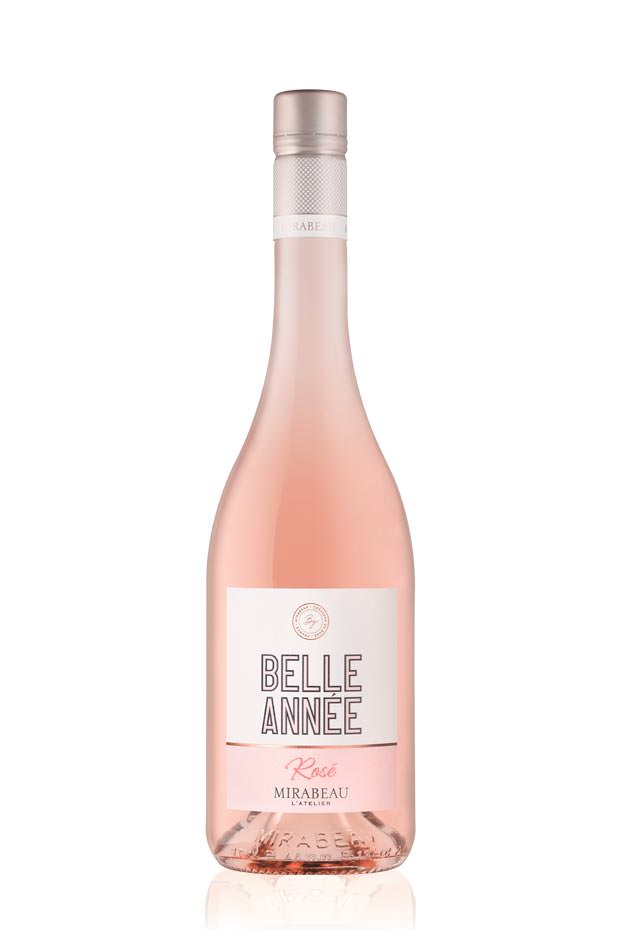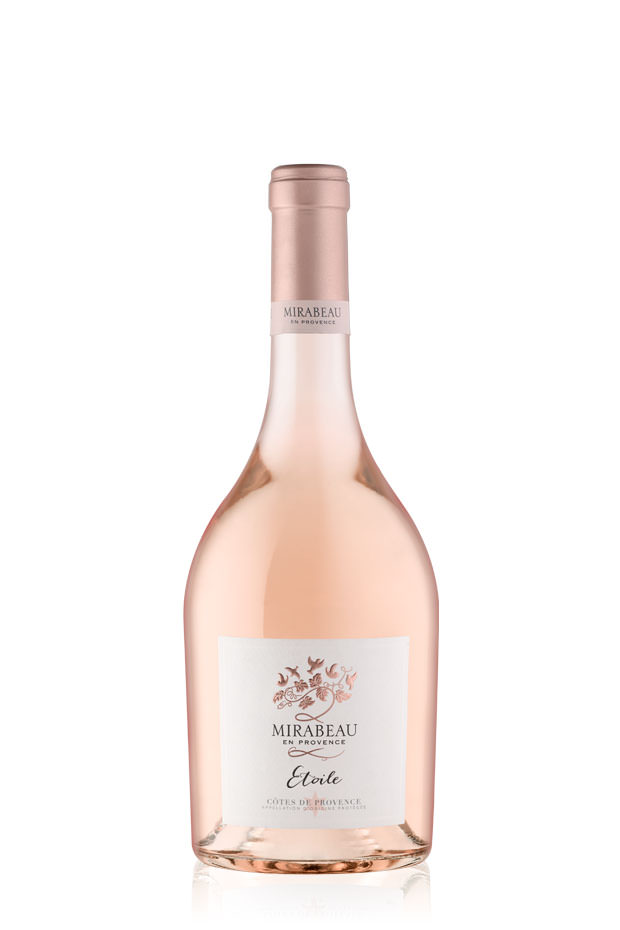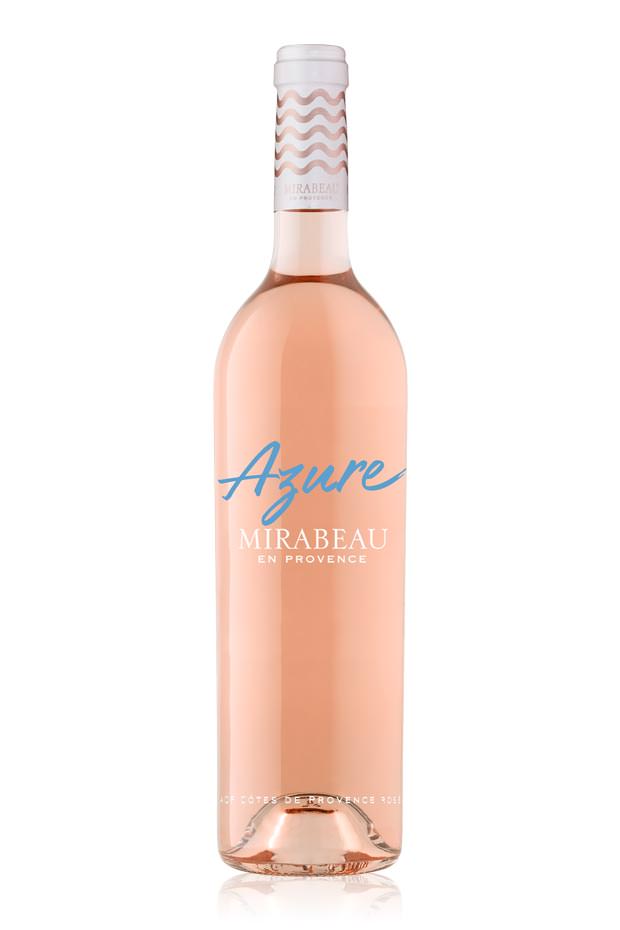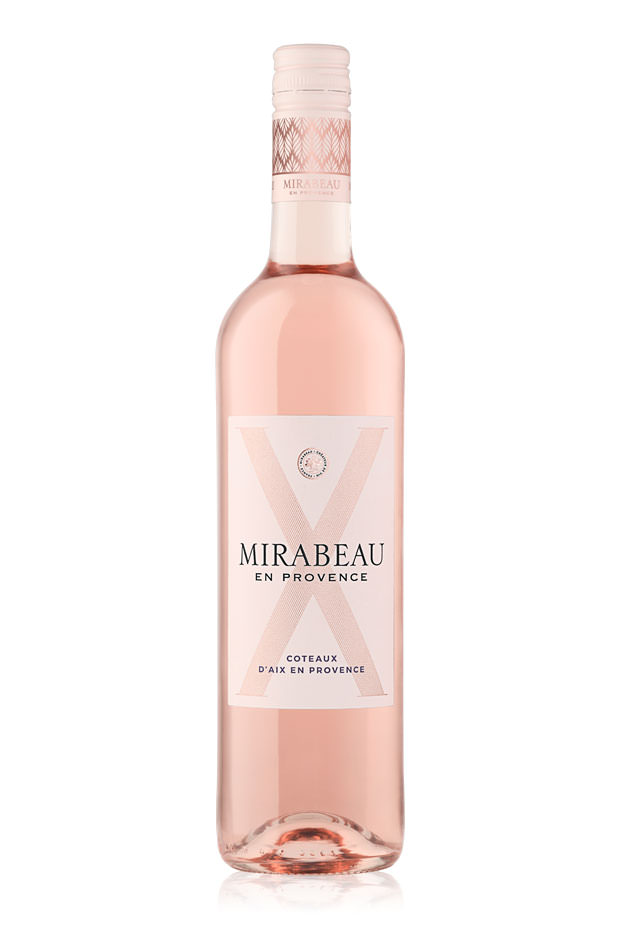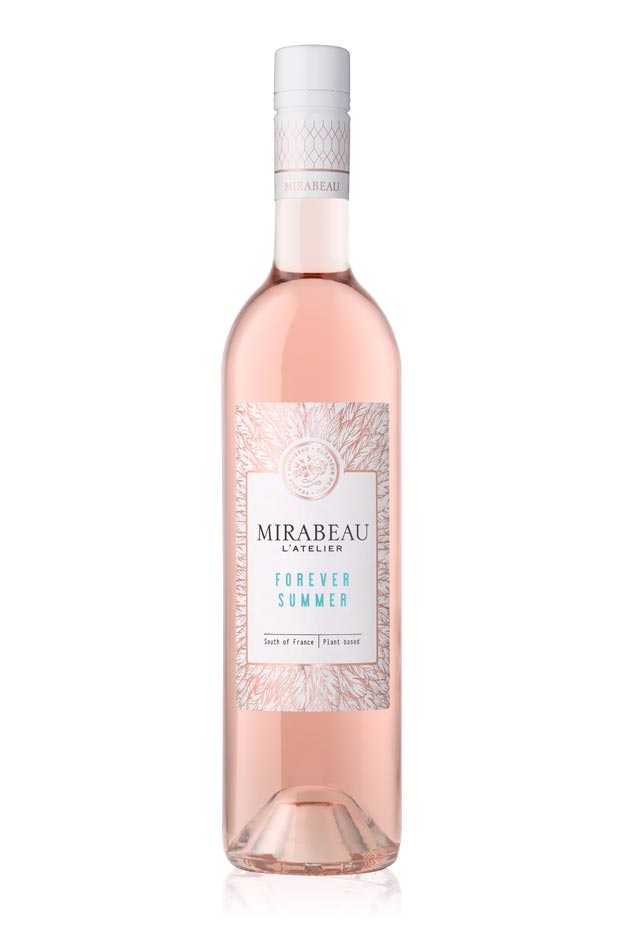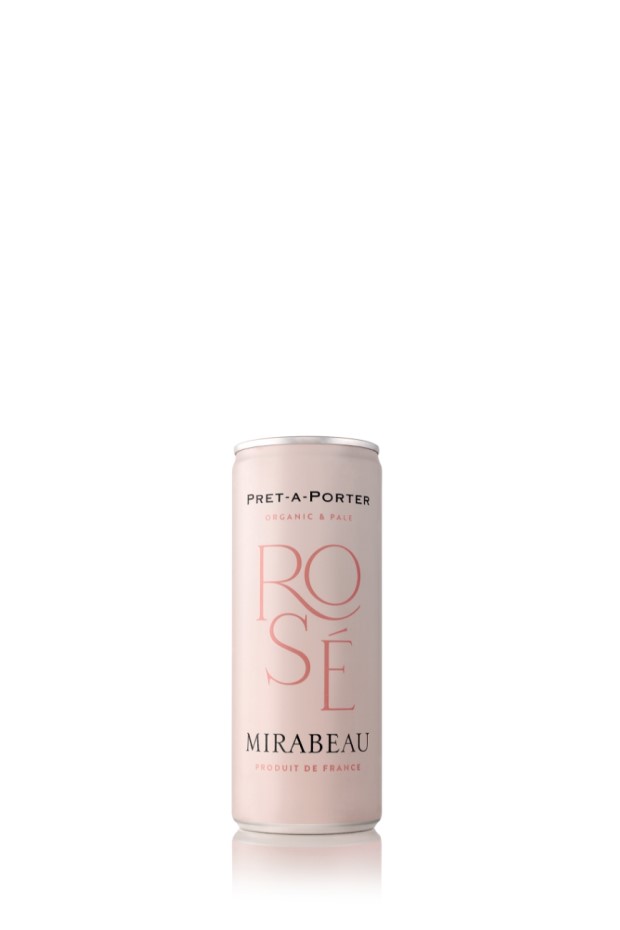1. Introduction
Maison Mirabeau is wholly owned by Mirabeau SAS a registered company in France (RCS : Draguignan 519 607 907 N° Siret :51960790700036).
Use of this website and the services provided via it are conditional upon you accepting the following terms and conditions. Unless otherwise specified, your acceptance of this User Agreement shall be indicated by your use of and/or registration with maisonmirabeau.com (formerly mirabeauwine.com). The website is provided by Mirabeau SAS and its suppliers (“we”/”our”/”us”). These terms and conditions and our Privacy Policy, (together the “User Agreement”) form our entire agreement with you in respect of non-chargeable use of maisonmirabeau.com and supersede any prior agreement or arrangement with you in respect of maisonmirabeau.com. If a company name is inserted in your registration request, then the User Agreement shall be between us and that company and accordingly unless the context otherwise requires, references to “you” and “your” in this User Agreement shall also be to that company. The purchase of [goods/services] from us is subject to our Terms and Conditions of Purchase. If there are any updates to this User Agreement or to the Terms and Conditions of Purchase, we will bring this to your attention on the home page of maisonmirabeau.com.
2. Availability of maisonmirabeau.com
We will endeavour to ensure that maisonmirabeau.com is available 24 hours per day without any interruptions. However, we reserve the right to make maisonmirabeau.com unavailable at any time or to restrict access to parts or all of maisonmirabeau.com without notice. maisonmirabeau.com is a general information service. We will endeavour not to make it misleading, but we cannot represent that the information accessible on or via maisonmirabeau.com is accurate, not-misleading, complete or up to date.
3. Use of maisonmirabeau.com
maisonmirabeau.com is designed for your personal, non-commercial use and you must not use it (or any logos, trademarks or other brand information) in any other way without our consent. Except as permitted under applicable law, you must not use, copy, translate, publish, licence or sell maisonmirabeau.com or any materials or information in maisonmirabeau.com or the structure, overall style and program code of maisonmirabeau.com without our consent. If you wish to make a request for consent, please contact contact@mirabeauwine.com.
4. Your Contributions
You agree to only use maisonmirabeau.com for lawful purposes and that any information that you provide in connection with, or which forms part of maisonmirabeau.com will be, as far as you are aware, true and accurate and will not infringe any copyright or trade mark, or any right of privacy, publicity or personality or any other right, whether registered or unregistered, of any other nature or any person, or be obscene or libellous or blasphemous or defamatory and you agree to indemnify us against all claims, proceedings, damages, liabilities and costs, including legal costs arising out of your breach of this term. We cannot make any assurances about the information or contribution made by any other user and you should exercise caution before acting or otherwise relying upon any information you obtain via the maisonmirabeau.com.
5. Rules for Competitions
From time to time Mirabeau runs competitions across various platforms including but not limited to maisonmirabeau.com, our social media accounts and various third-party websites. Winners are chosen by Mirabeau and closing dates, where applicable, are stated on the competition form. All competitions are open to anyone over the legal drinking age in your country of residence. Prizes that include wine will only be delivered to an address that is permitted and feasible through our distribution channels or can be collected from the Mirabeau Wine Shop in Cotignac, France. Any entrant responses may be used on social media or in our marketing channels. Winners will be notified via the same platform where the competition was held. No cash prize alternatives. If no confirmation is received from the winner(s) within 14 days, we reserve the right to award the prize to an alternative winner.
6. Links
maisonmirabeau.com includes links to other internet sites. Without limiting what we say elsewhere, we make no representations or warranties about those sites or their content, nor that the links work. If you wish to link to maisonmirabeau.com.com you may only do so at www.maisonmirabeau.com. Details of our linking arrangements may be obtained from contact@mirabeauwine.com.
7. Data Protection
It is your responsibility to ensure that that you give us an accurate and valid e-mail address and other contact details and tell us of any changes to them, however we cannot make any assurances about any other user you may meet using the maisonmirabeau.com. We comply with all applicable Data Protection laws in the UK. For a description of how we use your personal data, please see our Privacy Policy.
8. Intellectual property
maisonmirabeau.com, its style and structure, and the materials and information on maisonmirabeau.com of maisonmirabeau.com are protected by copyright and other intellectual property rights, and may not be used by you unless you have our prior written permission. The authors of the documents in maisonmirabeau.com assert their moral rights. Mirabeau, Esprit de Mirabeau, Comte de Mirabeau and La Comtesse de Mirabeau are trade marks of Mirabeau SAS.
9. Our Liability
Since a substantial part of maisonmirabeau.com is both free and available to all, it is a condition that your use of maisonmirabeau.com is at your own risk. We shall not be liable to you or in breach of this User Agreement for any delay or failure to perform any obligation if the delay or failure is due to a cause beyond our reasonable control including, without limitation, the blocking or restricting of information to and/or from our network.
Except as expressly provided in this User agreement, we disclaim any further representations, warranties, conditions or other terms, express or implied, by statute, collaterally or otherwise, including but not limited to implied warranties, conditions or other terms of satisfactory quality, fitness for a particular purpose or reasonable care and skill.
Save as provided below, we disclaim all and will not be liable in contract, tort (including, without limitation, negligence) or otherwise arising in connection with this User Agreement or the maisonmirabeau.com for: (i) consequential, indirect or special loss or damage; or (ii) any loss of goodwill or reputation; or (iii) any economic losses (including loss of revenues, profits, contracts, business or anticipated savings), in each case, even if we have been advised of the possibility of such loss or damage and howsoever incurred.
Our maximum liability to you in contract, tort (including, without limitation, negligence) or otherwise arising in connection with this User Agreement or the maisonmirabeau.com shall be limited to £50. Notwithstanding any other provision of this User Agreement, we will be liable to you without limit for any death or personal injury caused by our negligence and to the extent that liability arises under Part 1 or section 41 of the Consumer Protection Act 1987 and for liability arising from statements made fraudulently by us.
10. Small Print
Either of us may terminate this User Agreement at any time. You may not transfer any of your rights or delegate any of your obligations under this User Agreement without our prior written consent. If we fail to enforce any provision of this User Agreement, that failure will not preclude us from enforcing either that provision (or any similar provision) on a later occasion. Nothing in this User Agreement shall confer on any third party any benefit or the right to enforce any term of the User Agreement. This User Agreement is governed by English law and any dispute connected with this agreement is subject to the exclusive jurisdiction of the English courts. Nothing in this User Agreement affects your statutory rights as a consumer.
11. Complaints
If you believe that your intellectual property or other rights are being infringed by the maisonmirabeau.com, or if you are dissatisfied with maisonmirabeau.com or any aspect of our service, in the first instance please contact contact@maisonmirabeau.com.











